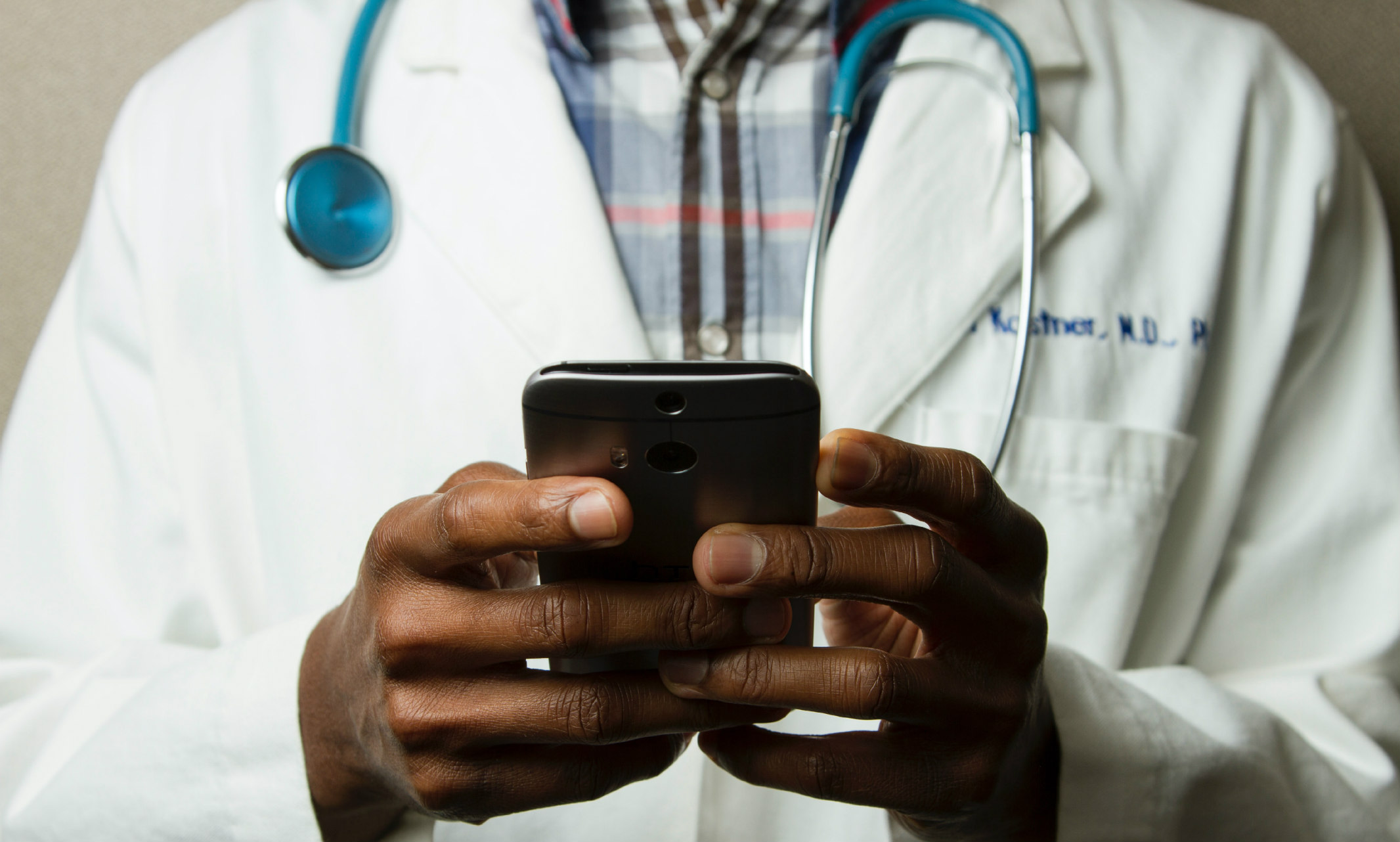The escalated need for emergency care resulting from possible COVID-19 concerns can be especially challenging for people with developmental disabilities and their caregivers. Recently, the UMKC Institute for Human Development (IHD) received recognition in a National Association of State Directors of Developmental Disabilities podcast for its outreach efforts to connect people with disabilities to newly available telehealth medical evaluations.
“The goal of the telehealth initiative is to help people with developmental disabilities avoid unnecessary emergency room visits that can be unduly stressful for them and their caregivers. We had begun establishing the program prior to the COVID-19 outbreak,” said Michelle Reynolds, associate director, individual and family support for IHD. “Because we had already laid the groundwork, the state was able to speed up the launch.”
“The people who are in the trenches already trust us.”
In the podcast, directors from the Missouri Department of Mental Health Gary Schanzmeyer, deputy director, administration and Wendy Witcig, (BA, psychology ’90) deputy director, community operations, both recognize IHD’s critical role in bringing this valuable service to Missourians in need.
“It relieves anxiety for families by having help just a phone call away,” Witcig said.
Station MD is a HIPPA-compliant, online resource designed to serve vulnerable populations. The service allows caregivers to connect with a licensed physician by video call to assess symptoms and determine if an emergency room – or even regular doctor’s visit – is necessary.
The staff at IHD was interested in bringing this innovative approach to Missouri to better serve people with disabilities. Reynolds notes that in many ways, the anxiety in evaluating these possible emergency situations is not different from what any caregiver may feel.
“All of us have situations with ourselves and our children where we are second guessing the need to go to the emergency room. This decision is even more crucial if you are supporting a person with a developmental disability” Reynolds said. “This provides a reliable, less expensive and stressful service for everyone involved, including the medical professionals.”
If an emergency room visit is necessary, the medical professional contacts the emergency room or care provider and apprises them of the medical situation and any other factors that may help in serving the individual client.
“While we initiated this program pre-COVID, with the spread of the virus, we could see that we needed to speed things up,” Reynolds said. “We wanted to make sure there was a safety net for people with developmental disabilities and keep them out of emergency rooms for non-emergency health needs.”
Reynolds says that IHD’s established relationships and reputation allow them to provide quality support systems regardless of crisis. But situations filled with uncertainty, like the current pandemic, underscore the immense value of earned confidence.
“We have maintained strong partnerships and institutional knowledge,” Reynolds said. “This enables us to shift in a crisis, rather than having to start an initiative from scratch. The people who are in the field already trust us.”

